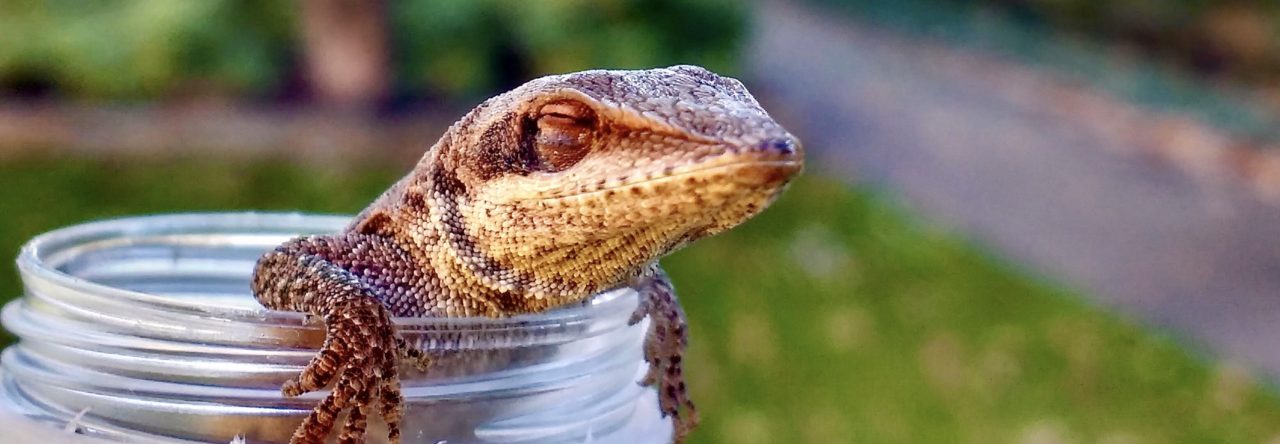Evolution 2018 may have been a week and a half ago, but the fun doesn’t have to stop just yet. Shane Campbell-Staton reports on the talk by Guin Wogan:
As we all know by now, contemporary climate change is expected to cause problems for species across the globe. Understanding the mechanisms that will allow species to cope with these changes, through acclimation and/or adaptation, is one of the most pressing issues of contemporary biology. Reptiles, and lizards in particular, have been a model for studying the effects of climate on extinction, gene flow, performance, and adaptation. Yet, only recently have we really begun to understand the genetic mechanisms associated with survival and persistence in the face of changing environments. In this year’s Epigenetics and Adaptation session of the Evolution Meeting, Guinevere Wogan – a postdoctoral researcher in Ian Wang’s Lab at UC Berkeley – presented a first look at how variation in the epigenome correlates with climate variation with and between anole species.
Wogan et al. used reduced representation bisulphite sequencing to search for epigenomic associations with environment in two wide ranging species – Anolis cristatellus on Puerto Rico and Anolis cybotes on Hispaniola – both species that occur in a wide variety of habitats from cool, wet forests to dry, arid scrubland. They found some indication of convergent methylation profiles under similar climates within species, suggesting epigenetic signals may be important for acclimation and/or adaptation to local climate. However, this association was not perfect potentially due to habitat use differences between populations. Additionally, they found that variation in climate between populations explains a large degree of variation in methylation profiles between popualtions within each species (75.6% in A. cristatellus and 39.1% in A. cybotes), again suggesting an important role of epigenetic modification in contributing to survival in local environments. However, local climate isn’t the only factor effecting variation in epigenetic modification; they also found strong species level differences in methylation, even when populations occurred in similar environments.
As they continue to work on this study, it will be very exciting to see what further patterns emerge. As we collectively seek to better understand the mechanisms involved in environmental adaptation and acclimation, Wogan et al. are exploring an extremely understudied aspect of Anolis biology that is bound to shed valuable light on the subject. I’ll certainly be on the lookout for this manuscript in the near future.
- Puerto Rico Herpetology Symposium - September 21, 2023
- Anole Symposium This Fall? - July 14, 2023
- Parallel Urban Adaptation from Phenotype to Genotype in Anolis Lizards - January 20, 2023




Leave a Reply